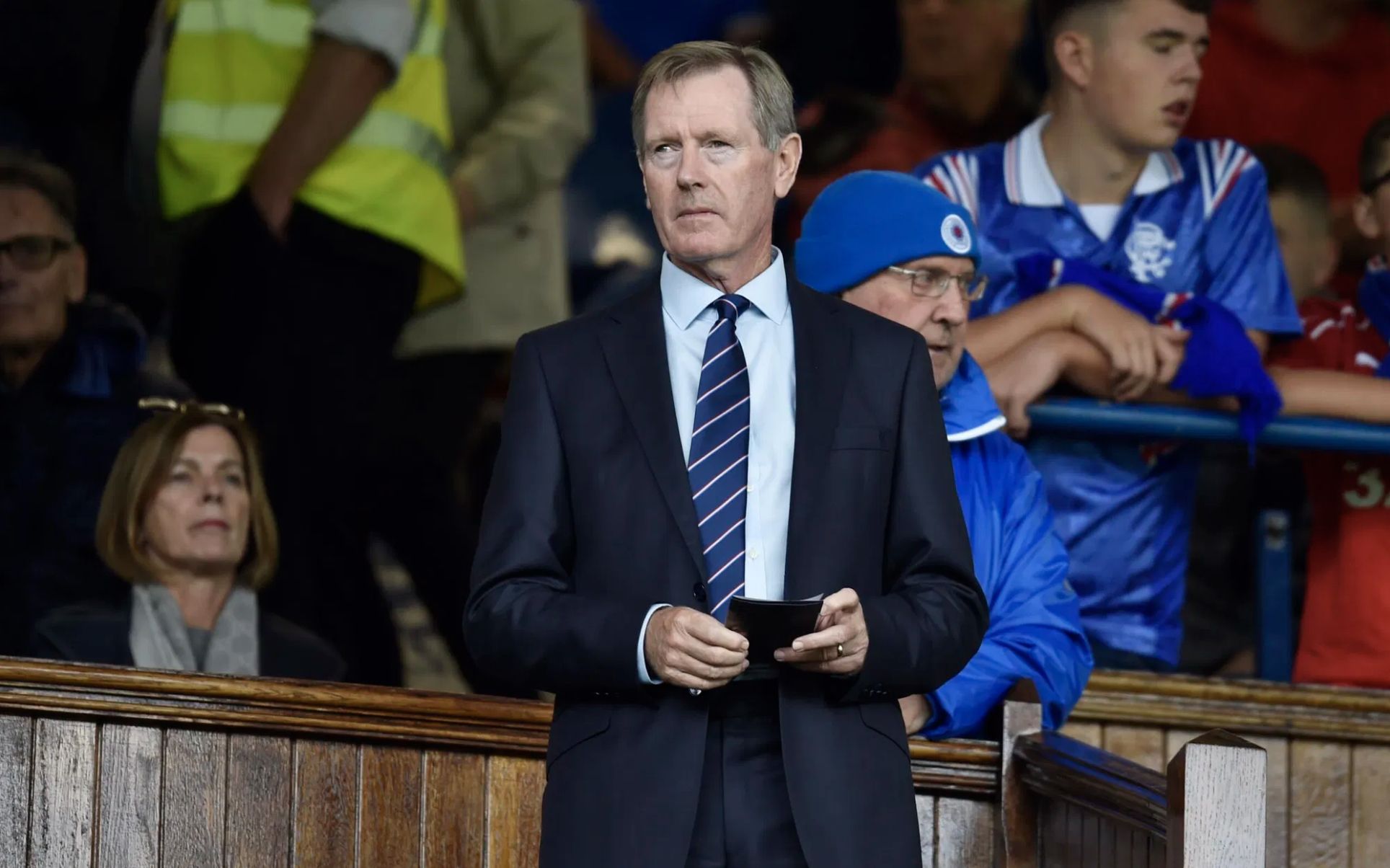
Dodgy Dave isn’t focused on forming alliances. So what is his true intention?
Just when you think you’ve seen it all from the club across the city, something happens that leaves you shaking your head in disbelief.
It’s almost hard to comprehend.
In a time of crisis, what they truly need is a moment of calm and stability. After the chaotic fortnight they’ve just experienced, you’d expect them to be craving peace and quiet to refocus on football. Yet, Dave King, with timing that can only be labeled as poor, seems to have other plans.
His latest move ranks among the most poorly conceived in their 12-year history. Instead of regrouping and rebuilding, King has thrown a grenade into the situation, leaving the club scrambling. He’s sparked debates among fans about investment, the supposed long-term plan, and even the future of the manager—all when their priority should be stabilizing the club.
It’s no surprise that the club has outright rejected his offer to return. They see it for what it is—an opportunistic move to serve King’s own interests rather than those of the club. His history of creating chaos and instability is well known, no matter how much his media allies or supporters may try to spin it differently.
In reality, King’s return would be the last thing they need as they work to shift from the reckless spending of his tenure to a more sensible, financially sustainable future. Let’s be honest: it’s hard to envision any scenario where he would be welcomed back with open arms, considering the damage he caused during his previous time in charge.
What’s truly bizarre, though—and something I didn’t fully explore in yesterday’s piece—is that King didn’t seem to put much effort into his bid for a comeback.
If you want to win over hearts and minds, you typically launch a polished PR campaign to rally support and engage with the crowd. But King? He skipped the PR entirely and went straight on the offensive, alienating people at every turn.
To break it down, if he genuinely wanted back in the Ibrox boardroom, he needed to cultivate allies. He should have sought out people willing to listen to his ideas and seriously consider whether his return made sense. John Gilligan, one of the figures he initially teamed up with to take over the club, should have been an obvious ally. Yet, instead of leveraging that connection, King’s first move was to suggest that Gilligan be ousted from his chairman role so he could take it for himself.
Instead of building bridges with potential supporters, he burned them. Gilligan should have been someone he could rely on, but King’s aggressive power grab pushed him away from the start. It didn’t stop there; his comments about the wider board were equally misguided. Accusing them of leaving the club leaderless? That’s a disastrous way to try to win support.
The goal seems clear—he’s trying to win over the fans. But that’s a dead-end strategy. Fans can’t put him back in the boardroom or elevate him to chairman. By stirring up unrest, he’s only creating more turmoil when the club can least afford it. And the real decision-makers? They’ve been pushed further away by his behavior.
King has deliberately insulted the very people whose support he would need to make his plan succeed. It’s baffling. From the outside, it looks like a self-destructive campaign, and I doubt it makes any more sense from within the club.
The media, of course, is eating this up, as some of them idolize King. Despite all the evidence to the contrary, they believe every word that comes out of his mouth.
They’ve always been easily swayed, eager to see King as a knight in shining armor, ready to swoop in and save the club from its ongoing decline—the decline that began after it emerged from Rangers’ grave and felt compelled to spend to keep pace with Celtic. But the media can only do so much. They can stir the pot and create trouble for the Ibrox board, but ultimately, it’s the people running the club who decide whether King has a place at the table.
If the Ibrox board chooses to push back against King—and there are plenty of reasons for them to do so—they have plenty of ammunition at their disposal.
Dave King was publicly discredited by the City of London, who placed a “black spot” on him after discovering he had violated rules during his takeover. The South African Tax Court found him guilty of significant fraud, with one judge famously calling him a “glib and shameless liar.” His tenure at Ibrox was marked by financial losses in the high seven to low eight figures, with the club facing continuous deficits while Celtic thrived in their most dominant era.
For someone supposedly aiming to regain control of a football club, his strategy is baffling. From the outset, he’s alienated the very people he needs on his side, and waging a media war has limited effectiveness.
To make matters worse, he’s made it clear he won’t invest any more of his own money into the club, which effectively obliterates whatever credibility he had left. He seeks control while offering nothing in return, apart from a vague, poorly defined plan that nobody seems to understand—least of all him. Celtic’s latest accounts highlight the daunting challenges ahead, which require more than just empty platitudes.
It’s no wonder the Ibrox board rejected him without hesitation. As I mentioned in my previous piece, it’s almost as if King never truly wanted control. So, what can we conclude other than that this isn’t about reclaiming the reins of the club at all?
This brings us to the crucial question: if King isn’t aiming for control, what is his true objective? What’s his endgame, and how does he plan to achieve it?
Source: https://thecelticblog.com/2024/09/articles-and-features/dodgy-dave-isnt-trying-to-build-alliances-so-what-is-he-trying-to-do/
